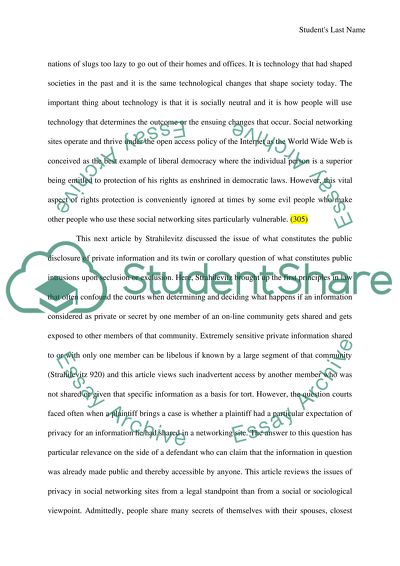Cite this document
(“How social networks are invading our privacy Essay”, n.d.)
How social networks are invading our privacy Essay. Retrieved from https://studentshare.org/information-technology/1666943-how-social-networks-are-invading-our-privacy
How social networks are invading our privacy Essay. Retrieved from https://studentshare.org/information-technology/1666943-how-social-networks-are-invading-our-privacy
(How Social Networks Are Invading Our Privacy Essay)
How Social Networks Are Invading Our Privacy Essay. https://studentshare.org/information-technology/1666943-how-social-networks-are-invading-our-privacy.
How Social Networks Are Invading Our Privacy Essay. https://studentshare.org/information-technology/1666943-how-social-networks-are-invading-our-privacy.
“How Social Networks Are Invading Our Privacy Essay”, n.d. https://studentshare.org/information-technology/1666943-how-social-networks-are-invading-our-privacy.


